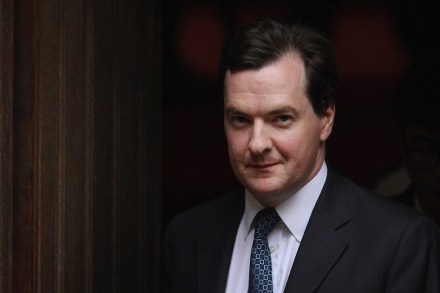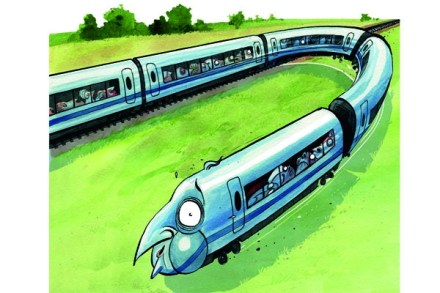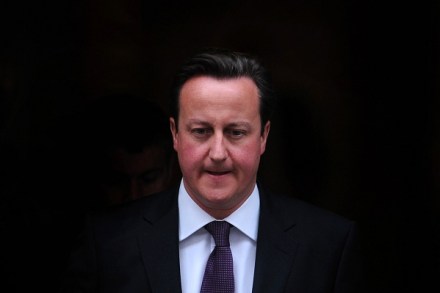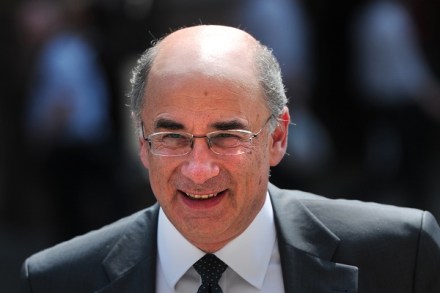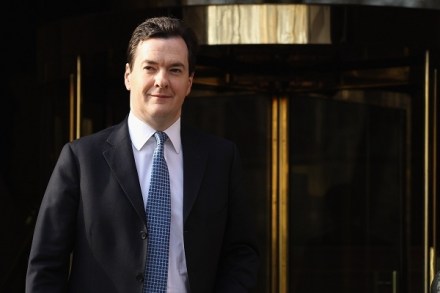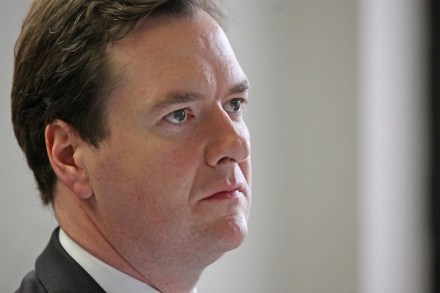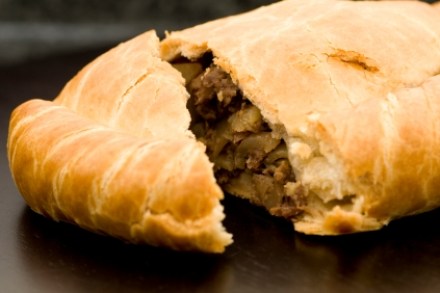Language, politics and debt
The myth that George Osborne has held firm on his deficit reduction plan persists. When I was on Question Time last month, Alan Duncan said that Osborne may have changed some policies but he had not budged an inch from the deficit reduction programme. This was not a porkie; he genuinely believes this to be true. And even in today’s FT, economics editor Chris Giles describes the government’s strategy as ‘maxing out on stimulus measures, short of relaxing deficit reduction.’ In fact, Osborne tore up his deficit reduction plan ages ago, but to minimum press comment. The single largest decision Osborne has taken since his first Budget was to



